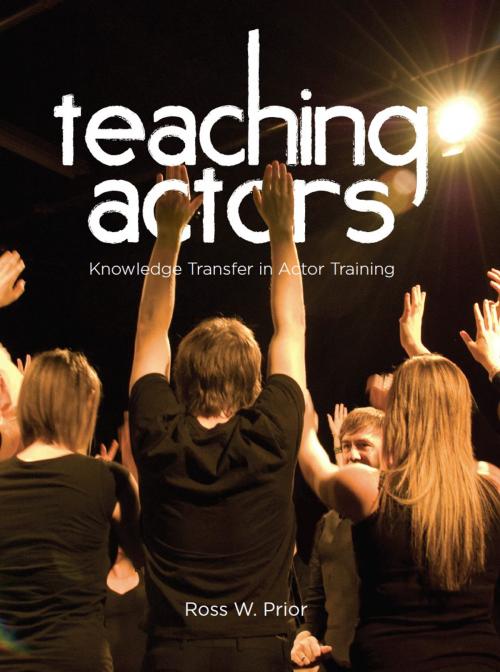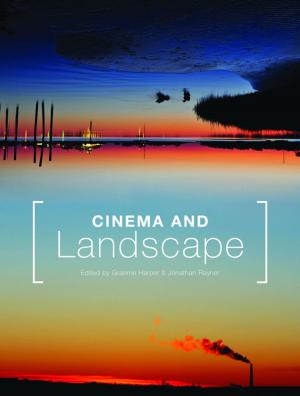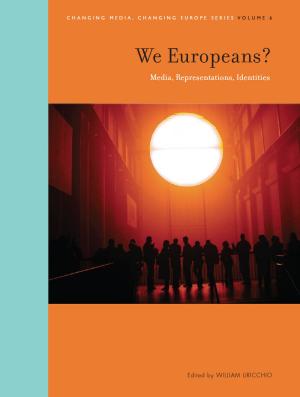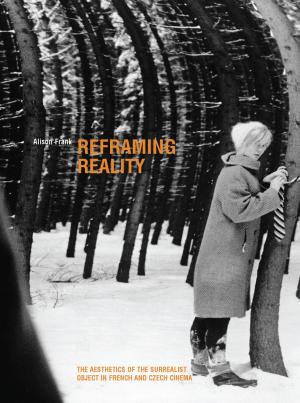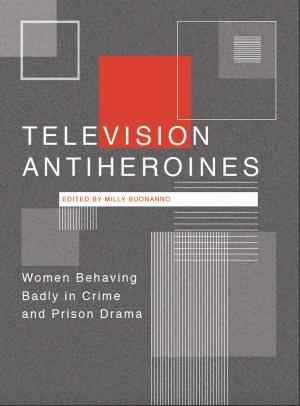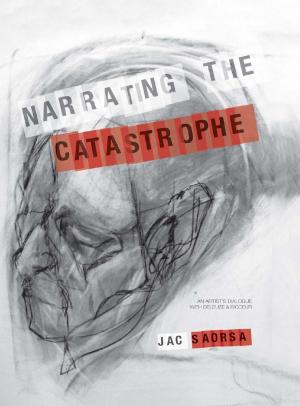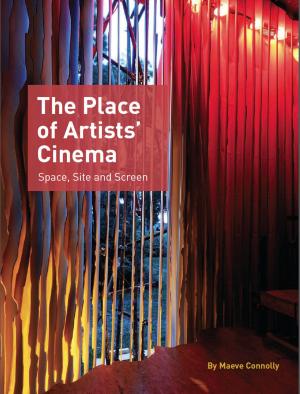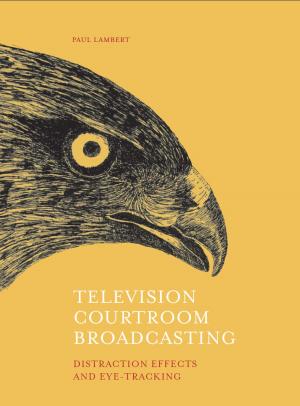Teaching Actors
Knowledge Transfer in Actor Training
Nonfiction, Science & Nature, Technology, Power Resources, Social & Cultural Studies, Political Science, Government, Public Policy, Reference & Language, Education & Teaching| Author: | Ross Prior | ISBN: | 9781841506982 |
| Publisher: | Intellect Books Ltd | Publication: | July 24, 2012 |
| Imprint: | Intellect | Language: | English |
| Author: | Ross Prior |
| ISBN: | 9781841506982 |
| Publisher: | Intellect Books Ltd |
| Publication: | July 24, 2012 |
| Imprint: | Intellect |
| Language: | English |
In the Teaching Actors book, the author discusses a language for actor training and argues that there is a need to re-assess not only how actors should be trained but also how teachers of acting should be trained. In this book, the author represents several topics that relate to current training practices in which he sets out to promote discussion and scholarship. Dr. Prior contextualizes actor training past and present, its theory and practice, the notion of vocational expertise and the organization of acting courses in drama schools. He explains the discussion by introducing case studies relating to selected contemporary trainers. Importantly, he contrasts best practice in the vocational training of actors in drama schools with that found in some academically based university drama courses that seek to train actors without the support of proportional technical training. This book questions current modes of actor training relating to the synergy of performance techniques and skills. A key question for the trainer is – what kind of actor will appear at graduation and how they will stand themselves in the market place? The reader is asked to consider if current practices in training serve the actor and ultimately the industry. How does course and their content respond to changes in employment opportunities for actors, both at the onset and also in their professional lives?.
In the Teaching Actors book, the author discusses a language for actor training and argues that there is a need to re-assess not only how actors should be trained but also how teachers of acting should be trained. In this book, the author represents several topics that relate to current training practices in which he sets out to promote discussion and scholarship. Dr. Prior contextualizes actor training past and present, its theory and practice, the notion of vocational expertise and the organization of acting courses in drama schools. He explains the discussion by introducing case studies relating to selected contemporary trainers. Importantly, he contrasts best practice in the vocational training of actors in drama schools with that found in some academically based university drama courses that seek to train actors without the support of proportional technical training. This book questions current modes of actor training relating to the synergy of performance techniques and skills. A key question for the trainer is – what kind of actor will appear at graduation and how they will stand themselves in the market place? The reader is asked to consider if current practices in training serve the actor and ultimately the industry. How does course and their content respond to changes in employment opportunities for actors, both at the onset and also in their professional lives?.
